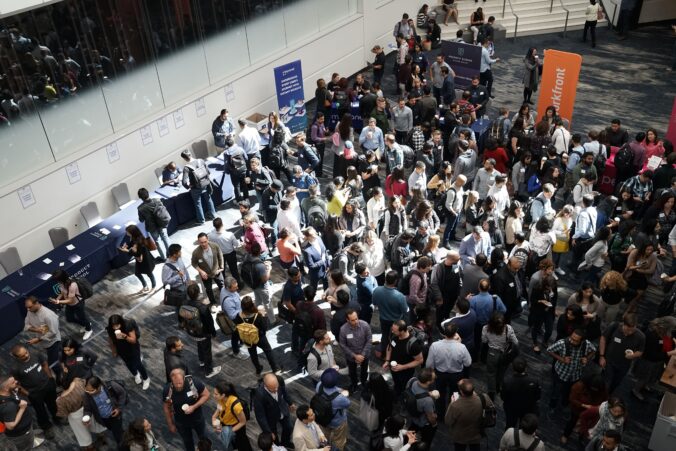After this weeks readings, I have thought about how I have used social media in the past, and possibly new ways I can use social media for the future. I often see my peers presence online, which vary from posting everyday, to seldom interacting with information.
Social media is a platform where people can connect with each other in hopes of sharing information about themselves, other people, organizations, news, or education. A personal learning network (PLN) involves using technology tools such as social media to connect with a group of people to engage with others through conversation, collaboration on projects, and discussion about businesses to advance oneself’s learning (Rajagopal et al., 2011).
The prospect of working at a emerging or well-established company, or individual to learn more or develop a certain topic is one advantage of a personal learning network since members try their best to engage and be active in sharing information to create more opportunities for learning, criticism, and reflection
Social media is a public forum, which leaves open many points to be exploited such as online anonymous harassment, threats, and unwanted advances. Content such as forum posts and tweets from the past may harm a prospective job if the content was inappropriate or taken out of context. Sometimes pictures that are meant for a closer peer group can be shared outside of that group and it could lead to some awkward situations.
A digital identity is someone’s “online presence” and it includes all pictures, videos, projects, status updates, and interactions with other people a person posts online (UniversityofDerby, 2016). Professional social media usage may include using different sites like LinkedIn, where a more formal environment is enforced. While personal usage of social media may include using Facebook, Twitter, and Reddit, where the environment is more casual and the subject matter is more relaxed.
My own digital identity has been very reserved and I have not posted, or reposted many things because of my shyness online. I should aim to post more though as I have realised the importance of a PLN for my future learning.
References
Rajagopal, K., Joosten-ten Brinke, D., Van Bruggen, J., & Sloep, P. B. (2012). Understanding personal learning networks: Their structure, content and the networking skills needed to optimally use them. First Monday, 17(1). https://doi.org/10.5210/fm.v17i1.3559
UniversityofDerby. (2016). Eric Stoller – What is Digital Identity? YouTube. https://www.youtube.com/watch?v=u0RryRbJza0.

I appreciate your perspective on Personalized Learning Networks and your observations on your personal use of social media as a PLN. I too do not interact much on social media. I prefer to create connections through following or accepting requests from others and then being a silent observer. I still have a hard time seeing the importance of interacting through online formus as part of my PLN as I have developed a strong in person network at my workplace. I dont see online networking as the end all for professional development. However, perhaps a little more bravery on my part and posting more and adding to conversations online could prove me wrong. Thanks for the inspiration.
Hi, thank you for your blog! What I’m trying to say is that I’m as reserved about my digital identity as you are. In fact, before the online class began, I hardly ever spoke on social media. However, after using Zoom, Mattermost and other software, I understand the importance of PLN. This not only improves our learning efficiency, but also makes our social life more convenient. So I hope you can work hard to expand your PLN, so do I.